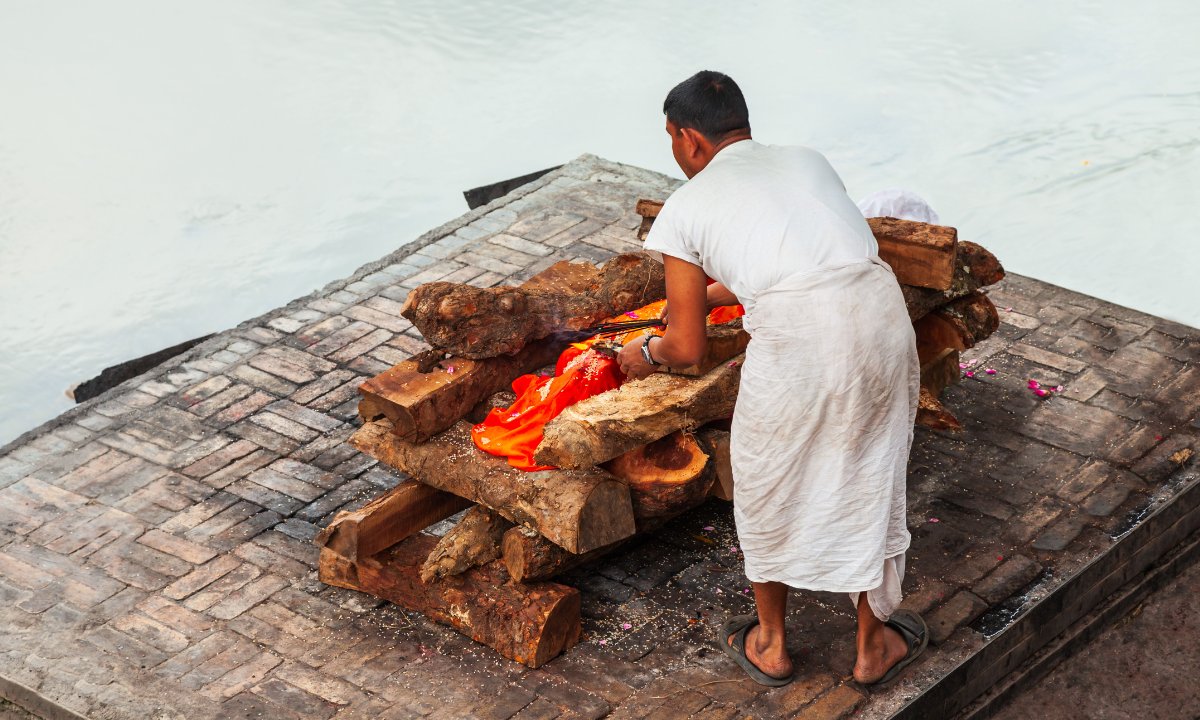
Hindu tradition is witnessing many cultures and rituals based on its followers. Without a son, sometimes the last rites hindu may happen, and the funeral takes place. According to ancient traditions, a son upholds the family line and, via ceremonies, ensures the spiritual well-being of the deceased soul. Of course, last rites in Hinduism without a son should be a painful moment. They are following the customs and offer last rites, breaking tradition without a son or daughter to arrange the rituals.
Things that breaks down the tradition in funeral last rites
The Value of Final Rituals
In Hinduism, last rites are the most critical spiritual rituals meant to facilitate the deceased’s peaceful journey to heaven. However, rituals include offering, mantra, recitation, and soul to have a quiet journey. On the other hand, male heirs is traditionally handling the task with performing these rites. It is basically following from the spiritual writings that place more emphasis on intent and commitment than gender.
When Son Is Absent Perform Tasks by Any family Members
There may be a lack of sons’ absence during the final rites, and the need for rituals to be arranged by family members. Based on personal preferences and values, final rites should take place. Based on Hindu texts and modern spiritual authorities, strict adherence follows well with procedures. Rather than strict adherence to tradition, the focus is on the sincerity of intent and following the guidelines as directed.
Daughters Carrying Out Final Rituals
Daughters sometimes do the rituals these days by their families to perform the last rituals. Of course, the procedure handles with the family members’ permission and with the witness of the goals. These days, several temples and priests performing into the cremation service and handling funeral rites. In addition to giving women more influence, it has a chance to strengthen the spiritual rites, and the person’s gender will follow.
Difficulties and Social Views
Families sometimes take a complete pledge solution and encounter society criticism and pressure. It is taking under the ceremonial purity and acceptance. Traditional observance, ceremonial purity, and social acceptance are frequently questioned. They can follow regularly and handle the cremation service without any struggles. Awareness and acceptance are increasing over time, especially among educated and metropolitan families.
Priests’ Role and Ritual Modifications
Sometimes, the priest plays an important role. It has to get into the modifications and notice the changes in the ritual modifications. Simplified chants, symbolic offerings, and holding ceremonies after consulting spiritual advisors are other adaptations. It tells about the karma and has meaningful rites with family members. The modifications have to follow nicely and follow ancestry restrictions.
Spiritual and Emotional Recovery
Families have to get recovery and feel emotional always. It can grieve more deeply when daughters or other family members are to give the hindu funeral rites 13 days. It offers a sense of closure and recognizes the fortitude and accountability of family members who provide care. They set out spiritual and emotional recovery to handle well with accountability of rituals may performs.
Conclusion
Allowing funeral rites may takes place without a son breaks the traditional values and culture. Hindu rituals may perform based on dharma, compassion, and intent, which will enable them to modify to accommodate shifting social structures.

